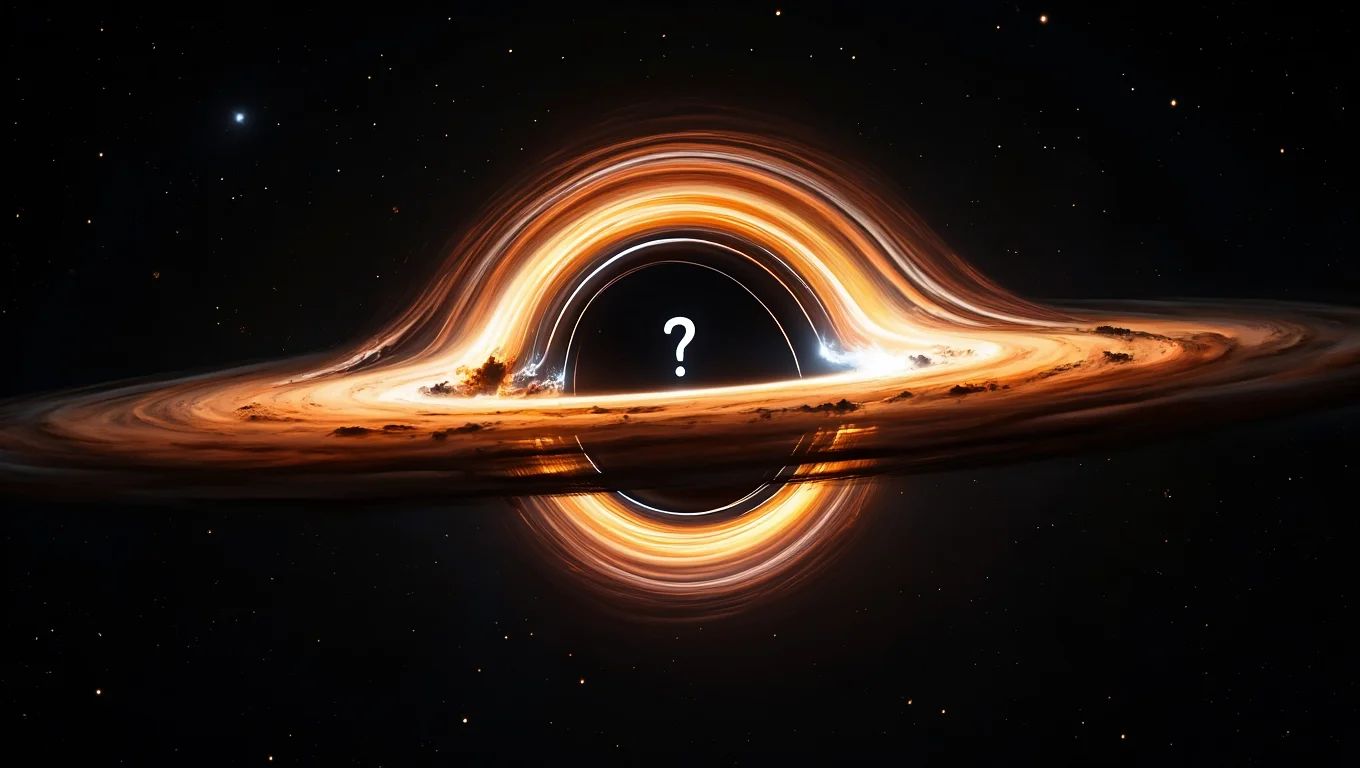Black holes without singularities: a new era in astrophysics? ⚫
Published by Adrien,
Source: Journal of Cosmology and Astroparticle Physics
Other Languages: FR, DE, ES, PT
Source: Journal of Cosmology and Astroparticle Physics
Other Languages: FR, DE, ES, PT
Follow us on Google News (click on ☆)
Since Einstein formulated general relativity, black holes have held a central place in astrophysics. However, their singularity—a point where physical laws appear to break down—poses a major theoretical problem. Researchers now propose models that avoid this singularity, opening new perspectives.

The study published in the Journal of Cosmology and Astroparticle Physics synthesizes recent advances on singularity-free black holes. It compares two main models and discusses possible observational tests. This approach could also shed light on the search for a quantum theory of gravity.
Stefano Liberati, co-author of the study, compares the singularity of classical black holes to a terra incognita. Schwarzschild solutions, though foundational, introduce physical paradoxes. Singularity-free alternatives attempt to resolve these inconsistencies by incorporating quantum effects.
Singularity-free black holes could exhibit unique observational signatures. Anomalies in gravitational waves or light around these objects might reveal their true nature.
The Event Horizon Telescope, with its unprecedented resolution, plays a key role in this quest. It could detect subtle differences in black hole shadows, indicating the absence of a singularity.
Numerical simulations are also advancing in predicting these signatures. They help guide future observations toward the most promising areas.
This research requires close collaboration between theorists and observers. Together, they may soon unravel the mystery of black holes and their interiors.